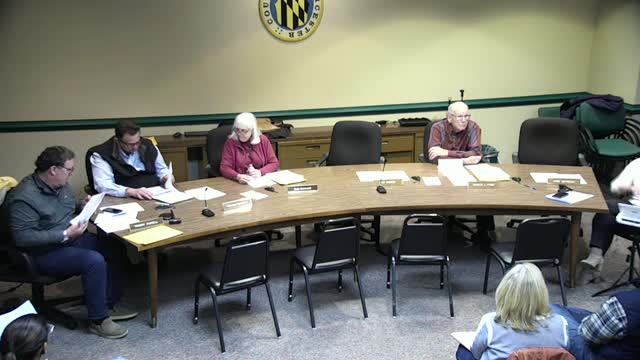Article not found
This article is no longer available. But don't worry—we've gathered other articles that discuss the same topic.
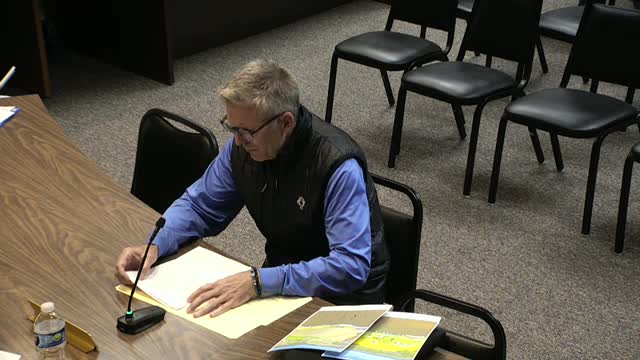
Board grants special exception for pole building storage with conditions after neighbors raise concerns
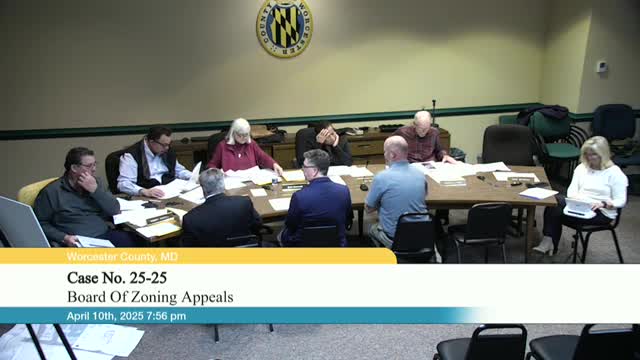
Board grants front‑setback variance for Coastal Square outparcel after permitting history review
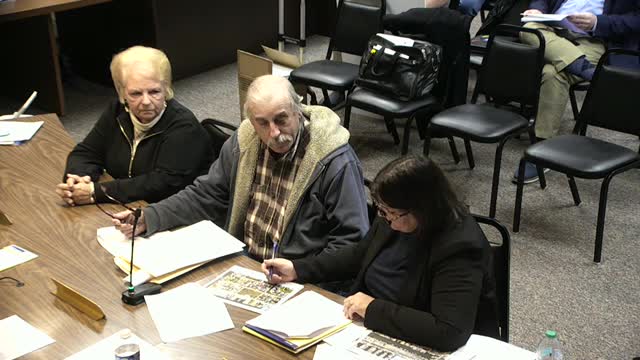
Board grants lot‑width variance for proposed mosque on Ocean Gateway parcel
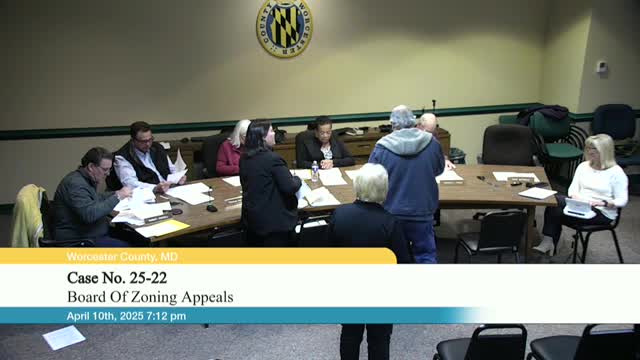
Board approves variance for West Ocean City addition to let homeowners age in place
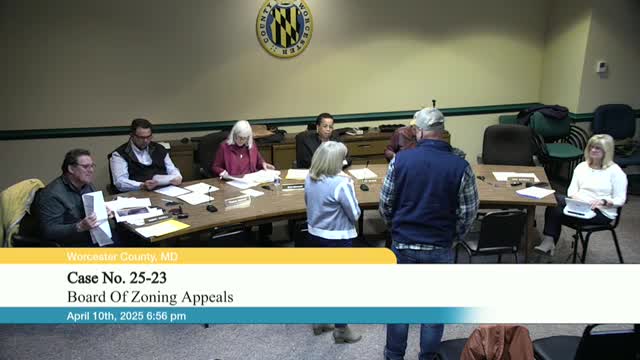
Board grants Ocean Pines Association special exception for two electronic entrance signs
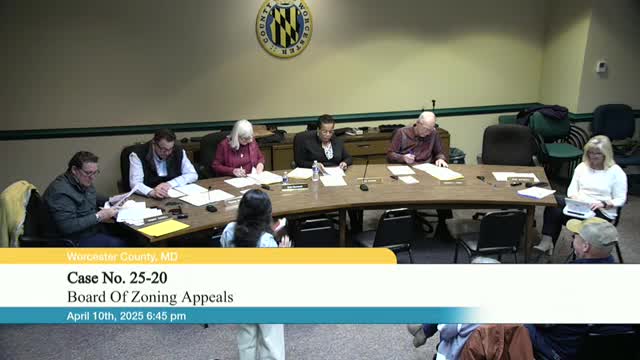
Board approves rear‑yard variance for Ocean Pines home to accommodate deck
